
Featured Navigation Links
Study Abroad
Summer in Morocco
Challenge Exams
Careers
Faculty and Staff
Modern Languages and Cultures
Degree Offered
Minor
The Modern Language curriculum in Arabic is designed to result in broad and well-grounded linguistic proficiency. In the first-year sequences, students learn the core structural elements of the language and gradually build up a working vocabulary of its most common words and expressions. All four language skills – listening, speaking, reading, and writing – are taught simultaneously.
The second year-sequence, in which students hone their conversational skills and broaden their vocabulary, focuses on review, reinforcement, and expansion. Cultural studies are introduced and expanded as students acquire greater linguistic competency.
We illustrate and model the language -- phonetics and usage -- and create scenarios simulating real life situations in which students put the language to work for themselves. All the lessons are conducted in formal Arabic. The usage of English will be necessary at first to introduce some points of grammar, sentence structure, and culture.
Program Summary
The Department of Modern Languages and Cultures offers a minor in Arabic.
-
Minor Requirements
-
ARAB 1150 Arabic Language I (5 Credits)
- Learn the 28 letters of Arabic alphabet
- Learn how to connect the letters and to form words
- Learn how to read and write words
- Learn how to make, read and write sentences
- Introduce yourself and greet others
- Describe people, places and things
- Talk about family members and social relations
- Ask and respond to simple questions
- Expand basic likes and dislikes in the present tense
- Count numbers from zero to 100
- Read short dialogues, and keep a simple journal in Arabic
- Begin learning Arabic grammar and syntax, including a basic knowledge of nouns, agreement of adjectives, articles, subject pronouns, interrogative particles, and present tense verbs
- Learn and practice the pronunciation of Arabic
Cultural aspects will accompany each lesson to better understand the other parts of the world, and appreciate their large cultural diversity:
- Geography of Arabic speaking countries
- English words of Arabic origin
- The presence and the influence of Arabic civilization in Spain in major aspects: sciences, music, social life, architecture
- Spanish words of Arabic origin
- The schools of wisdom in major Arabic capital cities: Fes, Cairo, Syria, Baghdad, Tunis, -“Mederasas”
ARAB 1250 Arabic Language II (5 Credits)
- Learn common irregular verbs, and negation
- Study the simple past tense
- Talk about ongoing and completed events in the past
- Differentiate between completed actions and ongoing or habitual ones
- Learn Arabic sentence structure
- Learn the Arabic grammar and syntax of simple comparisons, interrogative and negative sentences; demonstrative adjectives, and object pronouns
- Expand your cultural understanding through readings that focus on the themes of family and social relations, and holidays
- Talk about school life, the weather and means of transportation
- Use a variety of useful phrases for shopping in Arabic-speaking societies
- Keep a simple journal in Arabic
- Learn the structure of Arabic sentences
- Learn the usage of the Arabic dictionary based on the root word
Cultural aspects will accompany each lesson to better understand the other parts of the world, and appreciate their large cultural diversity.
- Supplementary readings for each lesson
- Discussions of such topics as art and film, health and the environment, and eating and drinking customs
- Cuisine and daily life activities, the etymology of Arabic names, and the Arabic dictionary
ARAB 1350 Arabic Language III (5 Credits)
- Have a basic foundation for reading and writing Arabic
- Have begun speaking in the future and past tenses
- Cover grammar points such as quantifiers, the superlative, future negation, and future, past, and imperative verb forms
- Order food and talk about restaurants
- Make descriptions
- Talk about social life
- Reinforce and expand your command of basic vocabulary and idioms through oral and written exercises
Cultural aspects will accompany each lesson to better understand the other parts of the world, and appreciate their large cultural diversity.
- Discussions of Arabic music and its main instruments
- The “Golden Age of Islam” and the influence of the Arabic civilization on Europe and North Africa.
- The epoch when the Arabic language was the cultural language of the world
- English words of Arabic origin.
- Reading, analysis, interpretation and discussion of selected passages from the Qur'an-classical Arabic
ARAB 2150 Arabic Language IV (5 Credits)
ARAB 2250 Arabic Language V (5 Credits)
ARAB 2350 Arabic Language VI (5 Credits)
ARAB 3000 Elective (5 Credits)
*All students must take at least 20 credits at Seattle University in order to obtain a minor.
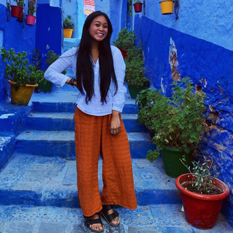
My experience with the Arabic program transcends that of just learning a language. I have learned to not only appreciate diversity, but to embrace it. And I have learned that even though people look different and cultural practices may vary, kindness can be found in every corner of the world.
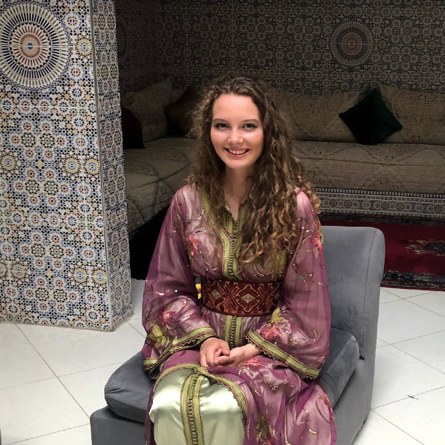
Through the classes, I have not only learned about the vocabulary, structures, and syntax of the language, but also, I gained a greater understanding of history, philosophy, poetry, and geography, among many other disciplines.
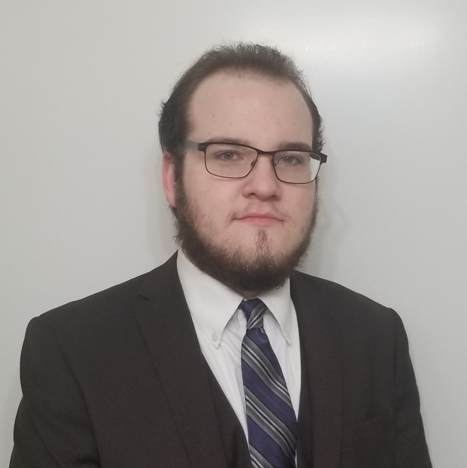
Going into the Arabic language from a blank slate may seem like a daunting task, but it truly is no more difficult than studying any other foreign language, do not let your preconceptions be a barrier. It is my firm belief that a university that hopes to train global scholars such as Seattle University must have a strong and diverse set of language programs, centered around critical languages like Arabic.
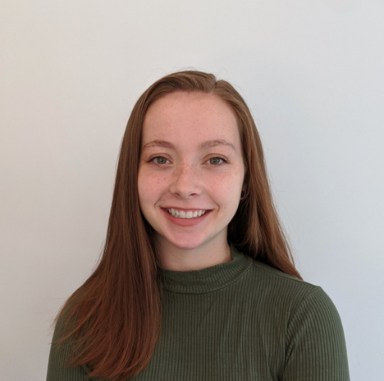
Studying the rich and enlightening language of Arabic at Seattle University has opened my mind and heart in more ways than I can. Each letter in the Arabic alphabet has a significant meaning behind it so when put together to create a word, the message is all that more profound.
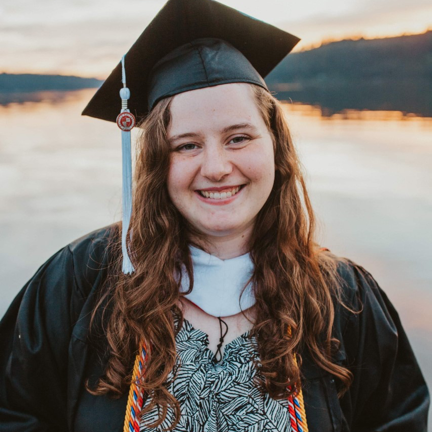
Because of Arabic, I have had the chance to meet some incredible people. Not only have I made some of my best friends from our Arabic cohort, but also, I have connected with total strangers through this language.Learning Arabic changed the course of my life, and it has unlocked so many opportunities for me.
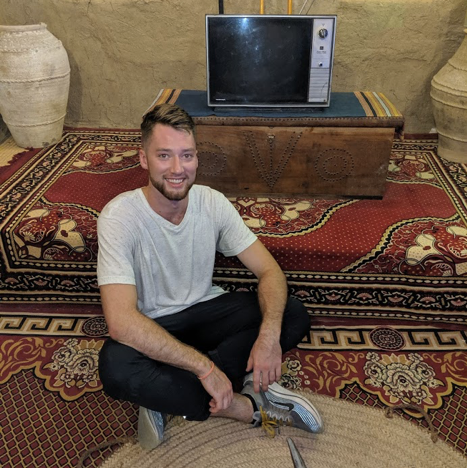
I initially signed up for the class out of curiosity, yet two years later I would be finishing up my minor in Arabic and would eventually get the opportunity to travel to Oman to attend an Arabic language institute. Overall, I can say that I came out of the experience a more creative and resilient student.
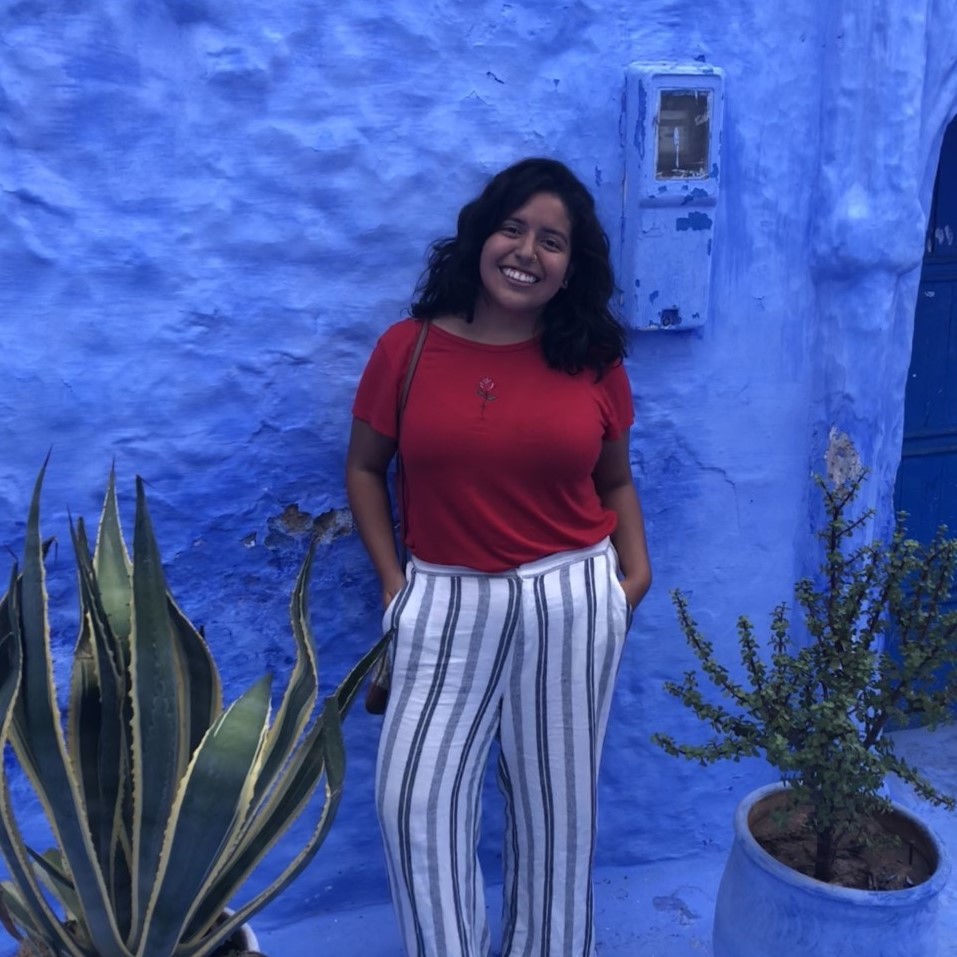
During my third-year learning Arabic, I studied and lived in Rabat, Morocco with three of my Arabic classmates. I was hosted by a family who I still message today, two years later. In Morocco, I learned the importance of hospitality and that my Oaxacan heritage and my host family’s Moroccan heritage had more in common than either of us thought. My host mom and I would sit, drink tea, and discuss recipes, faith, and our families. Because of the skills I gained in Professor Moujtahid’s class, I was one of few students placed in an Arabic-speaking internship, with the Prometheus Institute of Democracy. The discipline and study habits I learned through this course have set me up for success in all other aspects of my life, including my current job as a Bilingual Program Coordinator.
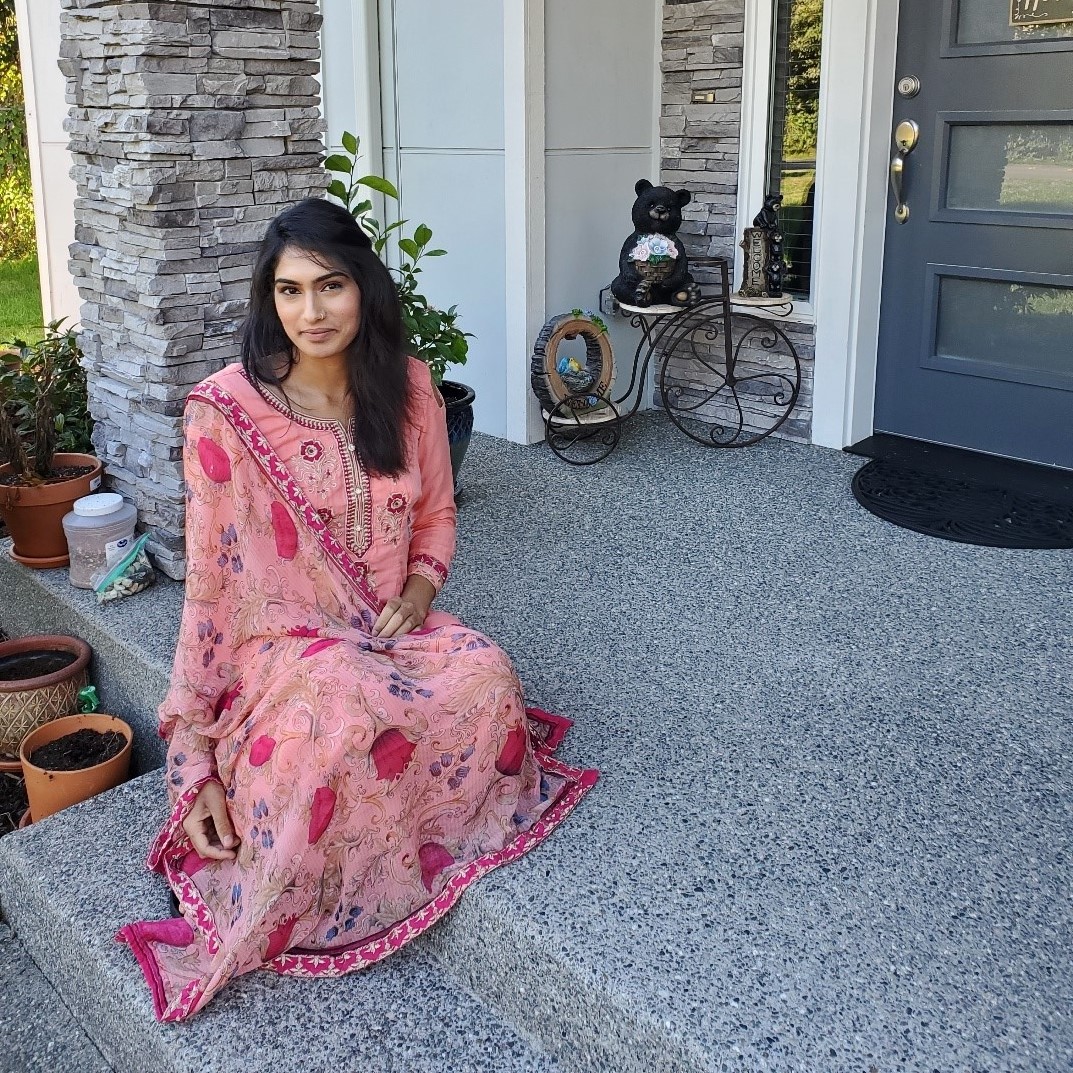
The Arabic course at Seattle University was my favorite course that I took as part of my program. The beauty of written and classical Arabic may give it the expression that it is complicated and hard to learn but in actuality it is an easy language to learn compared to many other languages because it is very logical grammatically. In the four quarters I took Arabic, I learned so much grammar and it is so exciting every time I can read and understand news articles or captions in books. Professor Amina’s course is very-well structured. You learn the language fast because she teaches with patterns that help you connect all of the grammar and culture of the language together- making it a holistic teaching approach.
Career Readiness/Skills Inventory
Being “career-ready” means that you’ve developed a range of skills that you can transfer to different settings once you graduate. At Seattle U, we take your career readiness seriously, so we’ve created an inventory and program-level map for you to help you see what skills you’re likely to practice in your major or, as in this case, as you study your first year of a language.
Formal application through the Department of Modern Languages and Cultures is required
Contact Us
Noelle Hardman
Administrative Assistant
206.296.5380
nhardman@seattleu.edu
Sonia Barrios Tinoco
Chair
206.296.2458
barrioss@seattleu.edu